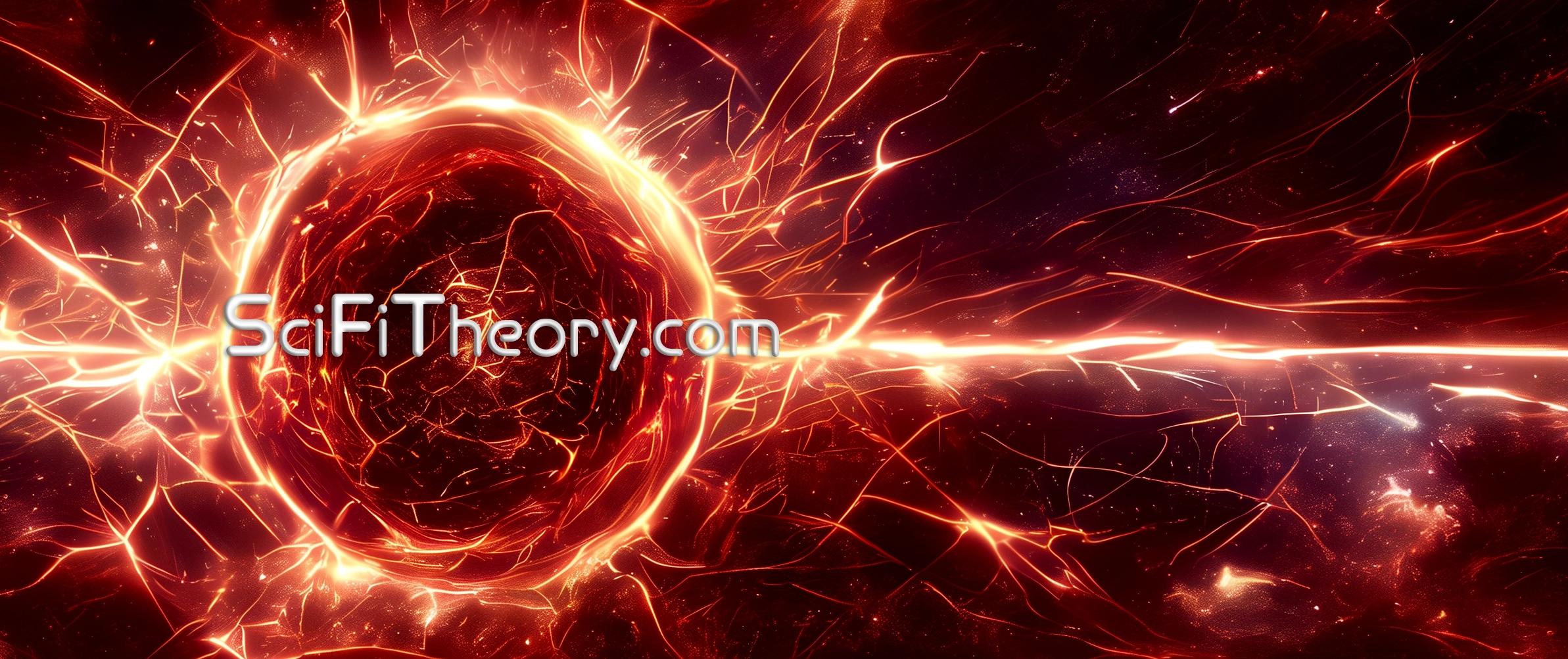Classic Novels
- Frankenstein by Mary Shelley
- Widely considered one of the earliest examples of science fiction, “Frankenstein” explores themes of creation, scientific hubris, and the moral implications of playing god. Published in 1818, it tells the story of Victor Frankenstein, a scientist who creates a sentient being through an unorthodox scientific experiment, leading to tragic consequences.
- 20,000 Leagues Under the Sea by Jules Verne
- This 1870 novel is a seminal work of science fiction, combining adventure and scientific exploration. It follows the underwater voyages of Captain Nemo and his submarine, the Nautilus, exploring themes of technology, the unknown, and human ambition.
- 1984 by George Orwell
- Published in 1949, “1984” is a dystopian novel that delves into the dangers of totalitarianism and oppressive government surveillance. It introduces concepts like Big Brother and thoughtcrime, making it a cornerstone in both science fiction and political literature.
Modern Works
1. Dune by Frank Herbert
“Dune,” first published in 1965, is a cornerstone of modern science fiction. It is set in a distant future amidst a huge interstellar empire, where planetary fiefdoms are controlled by noble families. The novel explores themes of politics, religion, and ecology, and has had a profound influence on the genre.
2. Neuromancer by William Gibson
Published in 1984, “Neuromancer” is a defining work of the cyberpunk genre. It tells the story of a washed-up computer hacker hired for one last job, exploring themes of artificial intelligence, virtual reality, and the interface between human and machine.
3. The Left Hand of Darkness by Ursula K. Le Guin
This 1969 novel is a landmark in feminist science fiction. It explores themes of gender and sexuality through the story of a human envoy to a planet where the inhabitants can change their sex. The novel won both the Hugo and Nebula awards, solidifying Le Guin’s reputation as a master of the genre.
Influential Authors
- H.G. Wells
- Often referred to as the “father of science fiction,” Wells wrote classic works such as “The War of the Worlds,” “The Time Machine,” and “The Invisible Man.” His novels often explore social issues and the potential consequences of scientific advancements.
- Ray Bradbury
- Bradbury is best known for “Fahrenheit 451,” a dystopian novel about a future society where books are banned and “firemen” burn any that are found. His work often combines elements of science fiction with a poetic style and deep social commentary.
- Isaac Asimov
- A prolific writer, Asimov is famous for his “Foundation” series and “Robot” series, which include the famous Three Laws of Robotics. His works explore themes of technology, ethics, and the future of humanity.
- Arthur C. Clarke
- Clarke is best known for “2001: A Space Odyssey,” which he developed concurrently with the screenplay for Stanley Kubrick’s film. His works often explore space exploration, the future of technology, and the potential for extraterrestrial life.
- Philip K. Dick
- Dick’s works, including “Do Androids Dream of Electric Sheep?” (the basis for the film “Blade Runner”) and “The Man in the High Castle,” explore themes of reality, identity, and authoritarianism. His imaginative and often paranoid visions have made him a cult figure in science fiction.
These classic and modern works, along with their influential authors, have shaped the science fiction genre, pushing the boundaries of imagination and exploring profound questions about humanity, technology, and the future.

